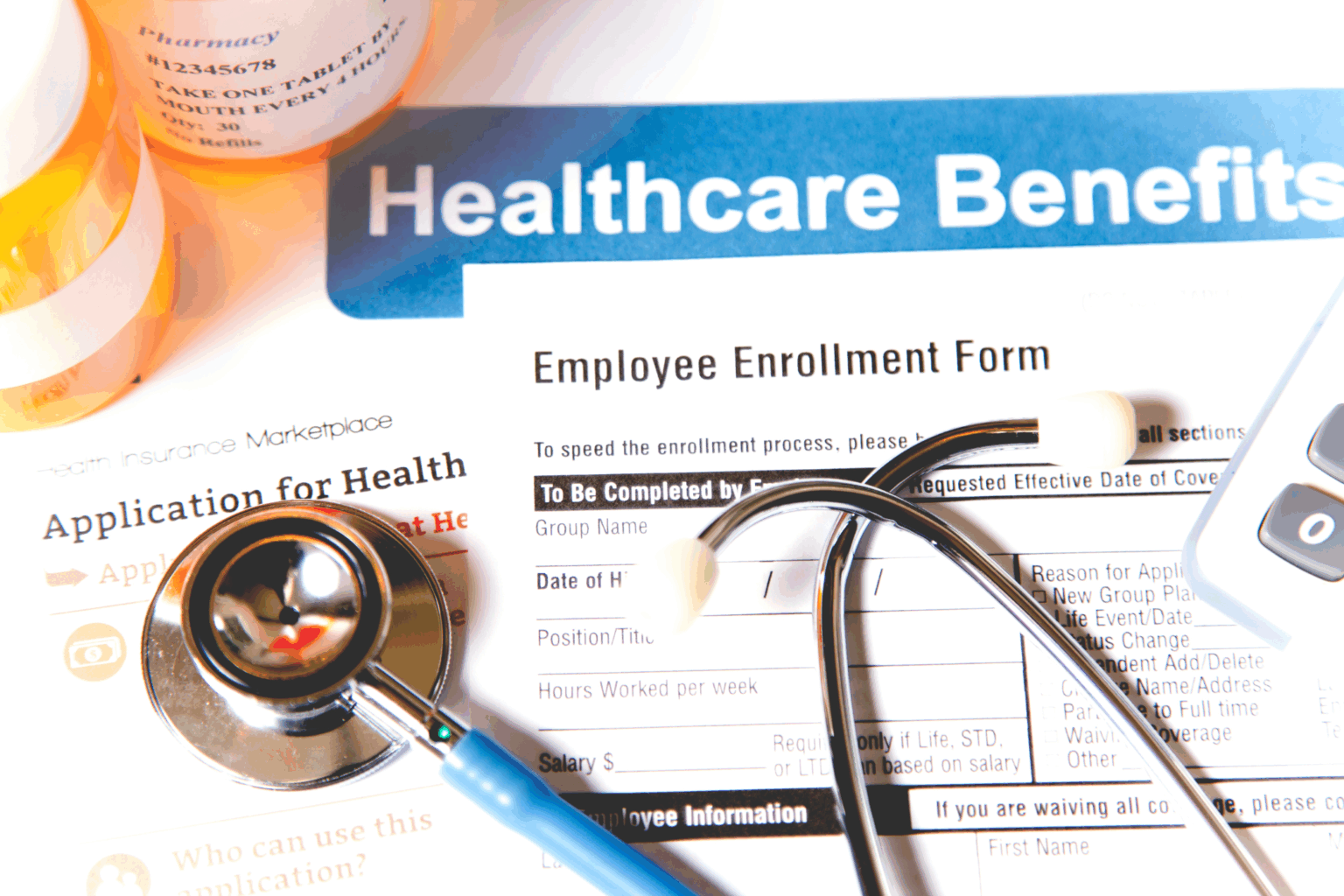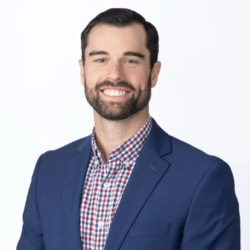As the year winds down, it’s not just holiday prep and year-end planning that deserve your attention, it’s also open enrollment season. Each fall, employers offer a brief window when you can review and adjust your workplace benefits for the coming year. And while it’s tempting to simply renew what you had last year and move on, this is one of the most important financial checkpoints of the year.
Your benefit elections directly affect your health, family, and finances. Thoughtful choices now can help you start the new year on solid footing.
Health Insurance: Don’t Just Auto-Renew
Health coverage is often the biggest (and most expensive) decision during open enrollment. Take the time to compare your options side by side including premiums, deductibles, copays, and out-of-pocket maximums. If you’ve had changes in your household — new baby, an older child aging out of your plan, or more frequent medical needs — the “set it and forget it” approach could cost you more in the long run.
If your employer offers multiple plan types, such as PPOs, HMOs, or High-Deductible Health Plans (HDHPs), weigh not just the monthly cost but your potential spending over the year. A lower premium isn’t always better if you anticipate higher healthcare usage.
Our wealth advisors often help clients evaluate their health coverage options in the context of their broader financial plan and lifestyle. Sometimes that means selecting a higher deductible plan and maximizing an HSA for its tax advantages; other times, it means prioritizing lower out-of-pocket costs for a family with young children or ongoing medical care. We help clients model different scenarios to help them select which plan best supports both their financial and personal wellbeing.
Dental and Vision: Small Benefits, Big Value
It’s easy to overlook dental and vision coverage, but preventive care matters. Routine checkups, cleanings, and eye exams can catch issues early and even tie into broader health. These plans are usually inexpensive compared to medical coverage, making them a worthwhile addition to your overall health strategy.
Flexible Spending Accounts (FSAs) and Health Savings Accounts (HSAs): The Unsung Tax Heroes
If you have access to an FSA or HSA, don’t miss the chance to take advantage of these tax-favored accounts. Both let you set aside pre-tax dollars to cover qualified healthcare expenses — everything from copays and prescriptions to orthodontics and eyeglasses.
FSAs are “use it or lose it,” meaning most funds must be spent by year-end (some employers offer a small carryover or grace period). Review your current balance and plan contributions carefully to avoid leaving money on the table.
HSAs, on the other hand, are triple tax advantaged. Contributions, growth, and withdrawals for qualified expenses are all tax-free. If you’re enrolled in a High-Deductible Health Plan, consider maximizing your HSA contributions for the year. You can invest HSA dollars, let them grow over time, and even use them in retirement for healthcare costs. It’s one of the most powerful tools available for long-term tax efficiency.
Life and Disability Insurance: Protecting What Matters Most
Employer-provided life and disability insurance can be a financial lifeline if something unexpected happens, but many employees stop at the default coverage — often just one or two times their salary for life insurance. For families who rely on dual incomes or have significant financial obligations, that may not be enough. It’s worth reviewing whether your current coverage still aligns with your family’s needs. Have your income, debt, or dependents changed since last year? If so, you may want to increase coverage or explore supplemental options.
Sometimes, boosting your life insurance through your employer’s group plan can be a cost-effective alternative to buying an individual policy on the open market. The key is identifying whether you have a coverage gap and finding the most efficient way to fill it as part of your broader financial plan. Open enrollment is an ideal time to secure additional protection at a lower cost — and to review both life and disability coverage to ensure they’d provide sufficient income replacement if illness or injury kept you from working. There are pros and cons to both employer-provided and private policies, so discussing your options with a financial advisor can help you determine which approach best supports your long-term goals.
Retirement Plan Contributions: Don’t Miss the Match
Open enrollment is also a perfect time to review your 401(k) or 403(b) contributions. If you received a raise this year, consider increasing your deferral rate to take full advantage of your employer match or to get closer to the annual contribution limit ($23,000 for 2025, plus a $7,500 catch-up for those age 50 and older).
And if you’re between ages 60 and 63, take note of the new “super catch-up” contribution rules introduced under the SECURE 2.0 Act. Starting in 2025, workers in that age range can contribute even more — up to $10,000 (or 150% of the regular catch-up amount, whichever is greater). This creates a powerful opportunity for those approaching retirement to make up for lost time and give their savings an extra boost during their peak earning years.
The Bigger Picture: Living Well Means Planning Ahead
At Marshall Financial, we believe financial wellness isn’t just about investment returns — it’s about aligning your money with what truly matters: your health, your family, and your peace of mind. Open enrollment is more than a paperwork exercise; it’s an opportunity to make intentional choices that support your well-being today and for years to come.
So when you’re notified of your employer’s open enrollment window, take a few hours to review your options, run the numbers, and make sure your benefit selections reflect your current life and goals.
And if you’re not sure which options make the most sense for your financial picture, we’re here to help. Reach out to your Marshall advisor to review how your benefit choices fit into your overall plan, because living well starts with making smart, confident decisions today.


